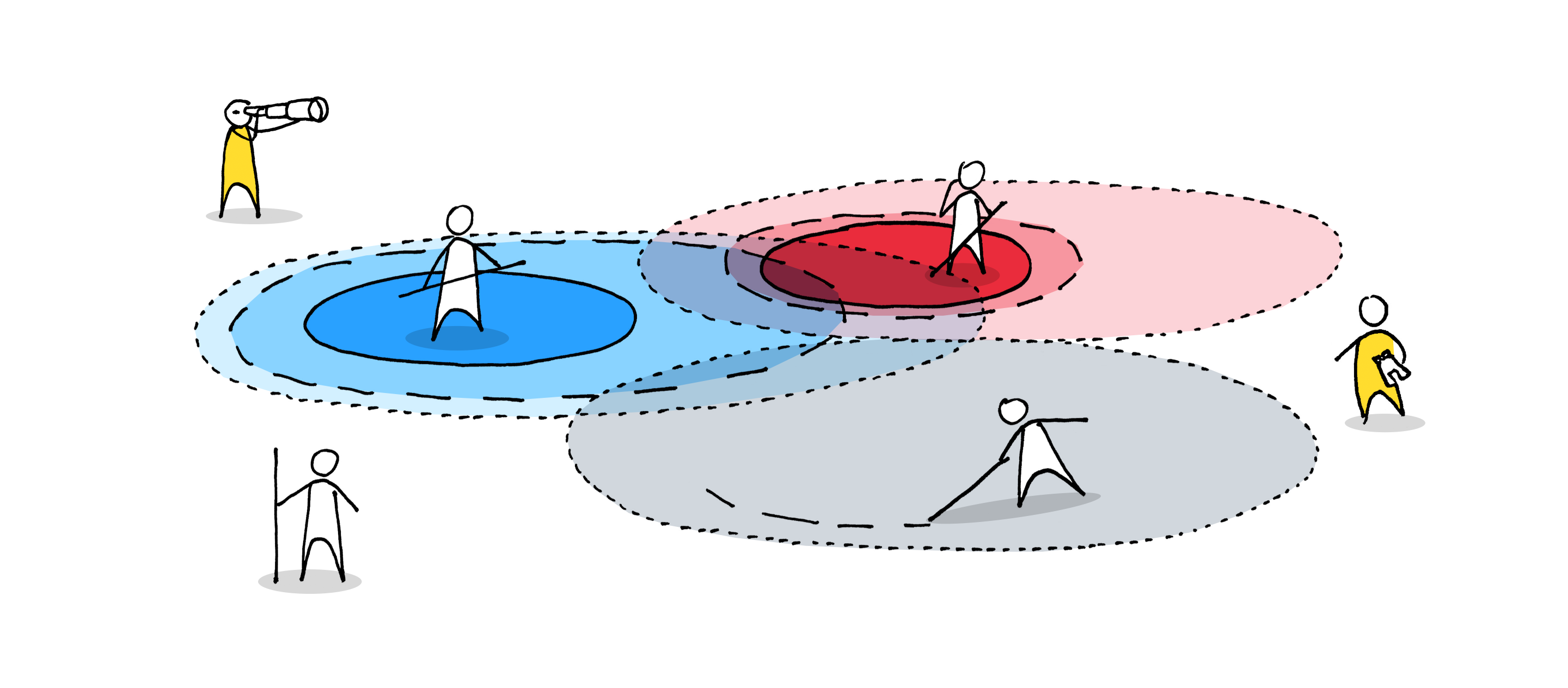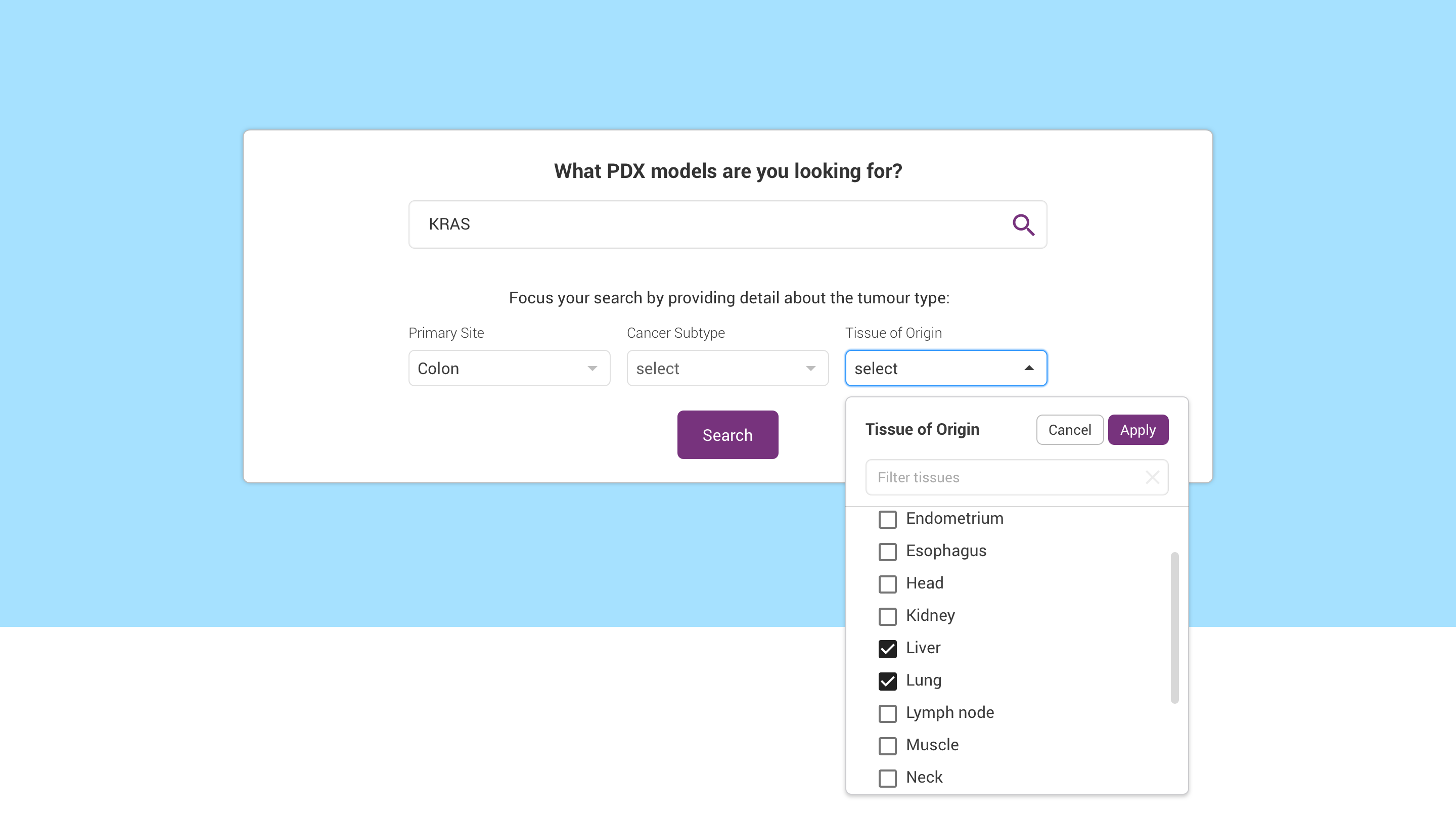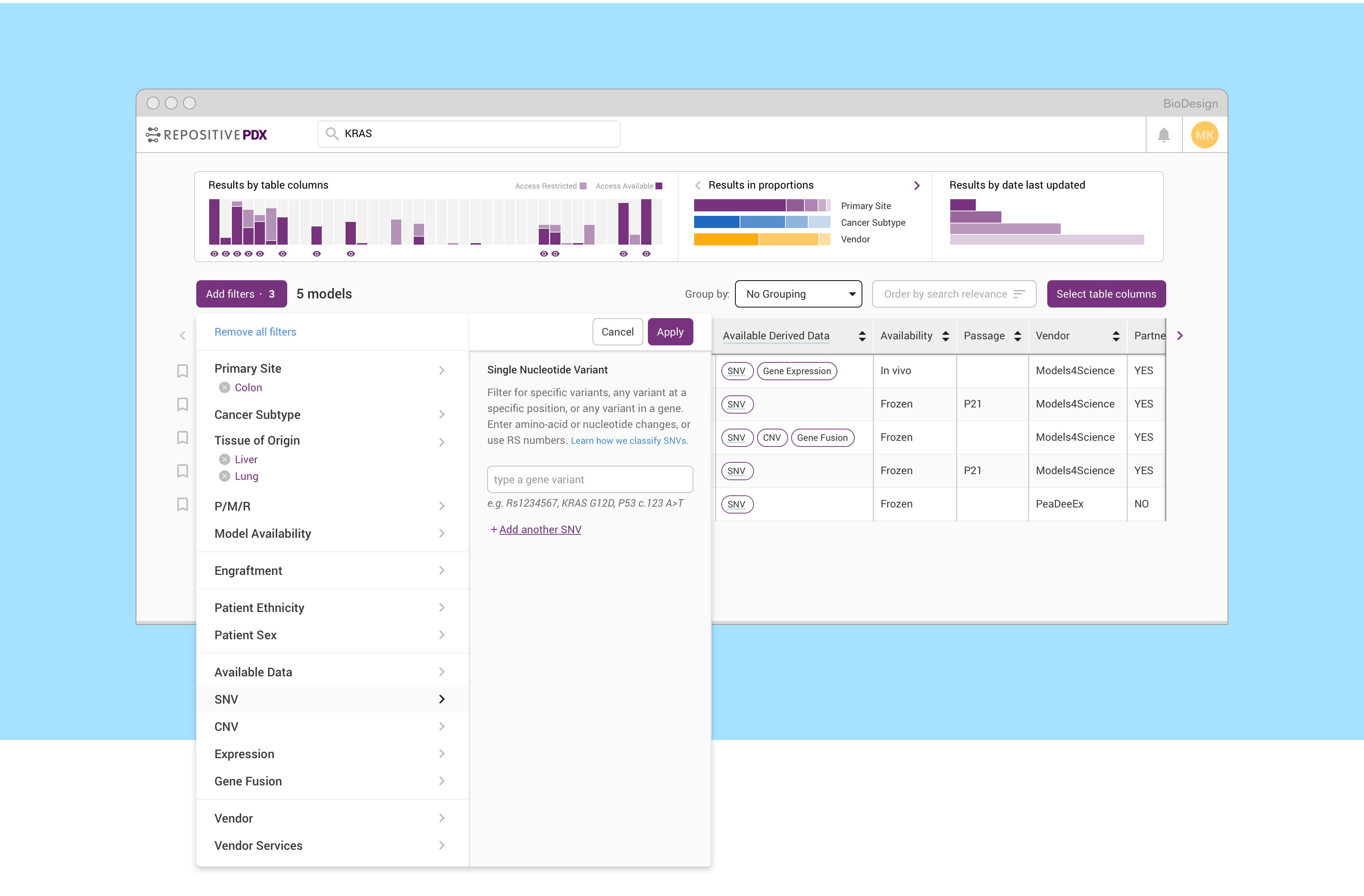Bridging data silos in cancer research
We helped design a platform for researchers and CROs to find and share cancer model data better
The challenge: To help cancer researchers find the services and data they need for their work.
Our solution: A custom-designed web platform to help cancer researchers and CROs maximise engagement in a trustworthy environment.
As a result: Repositive launched an alpha release of their platform and won buy-ins from large project stakeholders.
We worked with Repositive on their rapid journey to develop a new online platform for cancer researchers. We provided comprehensive design support from concept to alpha release.
Organisations developing novel cancer therapies often rely on contract research organisations (CROs) to provide experimental models and research services. However, information about CROs and the models they provide is confined to separate data silos, in part due to the need for CROs to have control over the data they share with others.
This case study focuses on the challenges of designing a platform to connect CROs and researchers. This meant providing features that give CROs the confidence to share information, and search functionality that makes it simple for researchers to find what they need.
Rapid development of a new product
Repositive are a startup with a mission to simplify finding and sharing genomic data. They’re ambitious, with a fantastic team, and so when they approached us to help them design their second product, the Cancer Models platform, we were really excited.
Our role was to provide design support in the first phase of design and development. We worked very closely with Repositive’s team, with design and research tasks being shared between us. These included prototyping, user interface design, and testing with potential users to define and prioritise features for the first release.
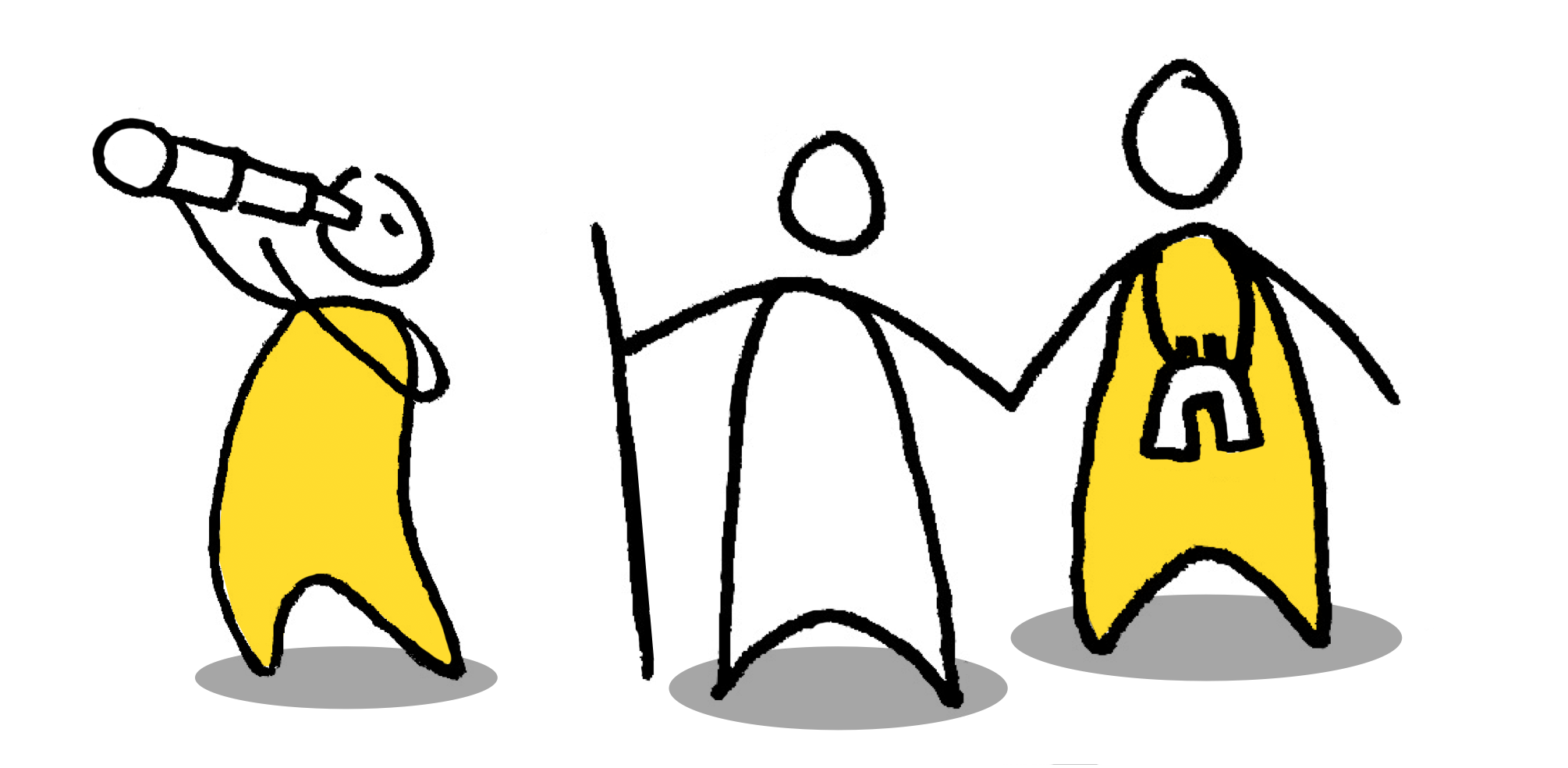
Helping oncology researchers
As part of the process to develop novel cancer treatments, oncology researchers use cancer models to test out whether a drug or therapy is likely to be effective and safe. Unfortunately, finding models isn’t simple. Researchers have specific requirements for their experiments, but information on available models is dispersed around the different CROs that provide them.
To address this, Repositive’s concept was to build a platform for finding and sharing information about models and their providers all in one place. The development of this software presented some interesting design challenges.
There were two broad user groups: oncology researchers and CROs who store and offer models. Researchers need to be able to find precise molecular details about models to be sure that they are appropriate for their usage. However, there is also a requirement for the CROs to have control over the information they share, and with whom. For many CROs model information is an important part of their intellectual property (IP).
How could we strike the right balance between sharing and confidentiality to help users bridge the data silos?
Search experience
Modern search experiences make the process of finding everyday information very straightforward. There are many lessons that can be taken from these well-established design patterns. However, the scientific domain means that not all of the learning from consumer software can be applied.
Following user research sessions using early designs we found that:
- Researchers are often looking for something very specific (for example, a model with a known variant in gene KRAS but no variants in gene TP53)
- There is a ‘fear of missing out’ — researchers know that data is often poorly annotated, so they want to see all possible results (in case there is something relevant).
This led researchers to use a range of search strategies; some cast a very wide net to look for relevant items afterwards, while others tried to be incredibly specific immediately.
For the alpha release, we ended on a design that had most of the filtering power moved to the results page with only three very high-level filters kept in the main search screen. This way users can immediately exclude anything that they are not interested in, while keeping possibilities open for any results that might be relevant.
Displaying search results
Results display was the second component of the search experience we designed for Repositive's platform. Data about cancer models is very dense, with a wide variety of elements being relevant to different users under different circumstances.
We decided to arrange search results in a table to cope with this density and variety of information. Although tables are a common data presentation method, they allow for rapid comparisons and can be easily built upon to provide users with dedicated features. For the Cancer Models platform we designed a set of visual summaries that give an overview of all search results, user interface for managing complex filters and customising the table, as well as quick links to available model data files.
Setting boundaries
Information sharing is built on trust. This means that the platform needs to allow CROs to set their own boundaries on sharing, forming relationships with researchers that fit their business models and legal agreements.
For example, a CRO may be happy to share information about a model's cancer type but may need to keep data files containing raw genetic sequence private.
To satisfy this need we designed a 3-tier access system allowing CROs to control how their information is shared. Information could be shared openly with all platform members (Tier 1), with selected approved partners (Tier 2) or only after a request from an individual on a
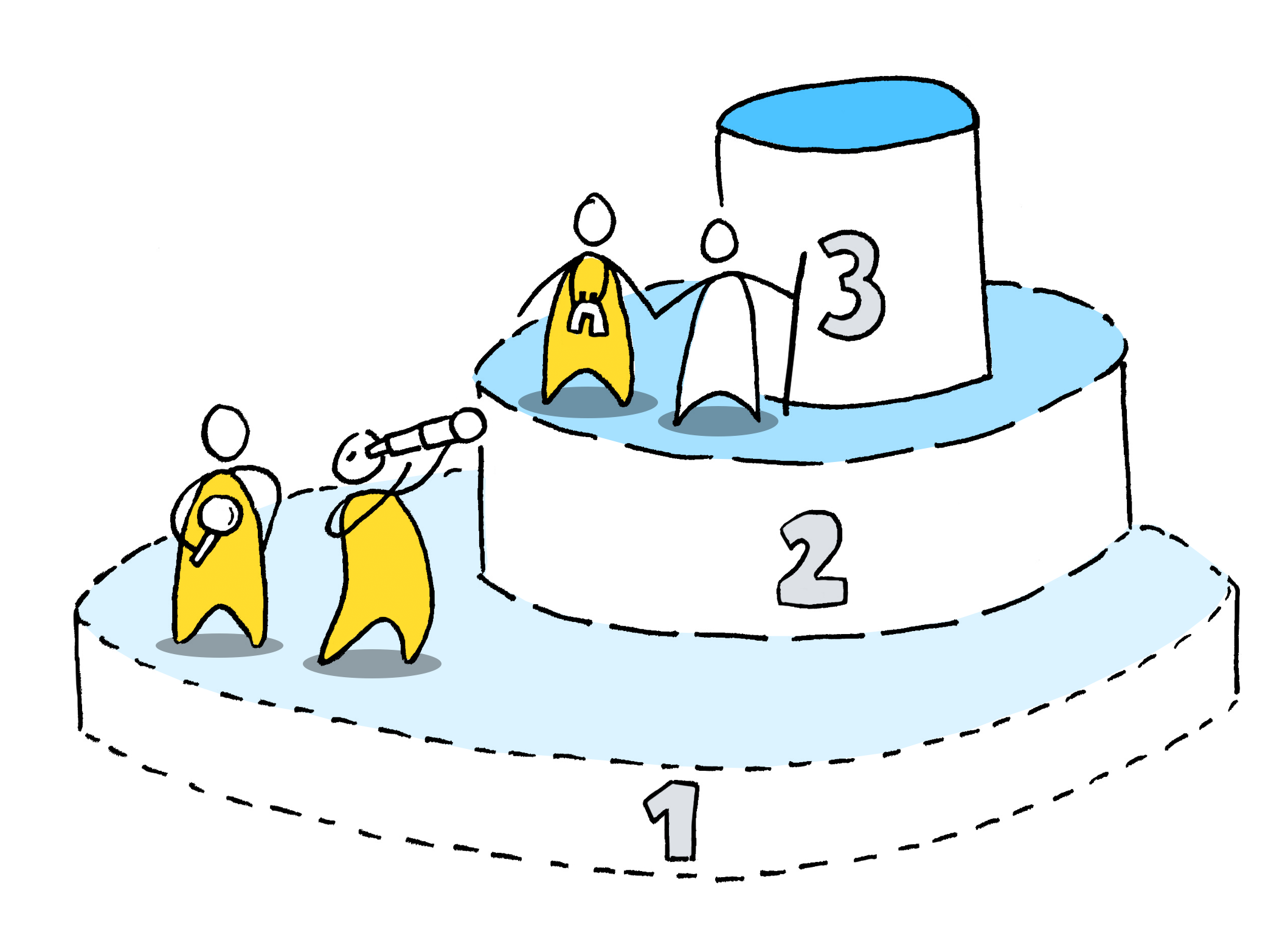
Building a strong foundation
This was a fast-paced project. We worked very closely with Repositive’s team as they developed the initial alpha release of their Cancer Models platform. By staying consistently ahead of development, we could trial different design options for features with users before deciding on a direction. This ensured that there was a strong foundation ready for alpha release, which Repositive have been able to iterate on, extending the features included in the platform.
Accelerating discovery
Cancer therapy development is a strongly competitive space. This can result in practices that slow down research, such as information about services and models provided by CROs being confined to protected data silos. By creating a trustworthy platform in which research organisations are able to find the information they need, discovery can be accelerated across the sector.
This is not trivial, however. Companies involved in drug discovery have developed strict policies to protect their IP. Design can help here. By using user research and prototyping to engage with stakeholders, we made sure that their needs were heard and acted upon before committing to code.
Drug discovery is an enormous undertaking. Platforms such as Repositive’s Cancer Models are a vital component of this complex landscape, making sure that researchers can find what they need when they need it.
